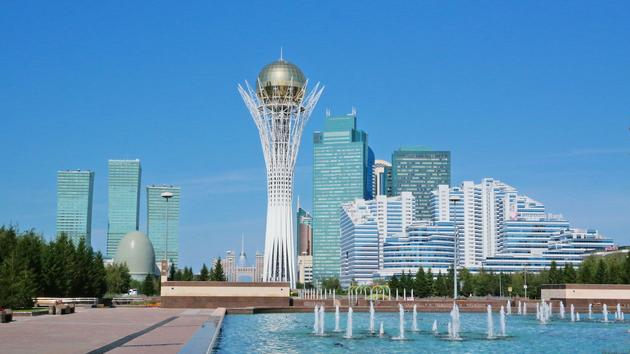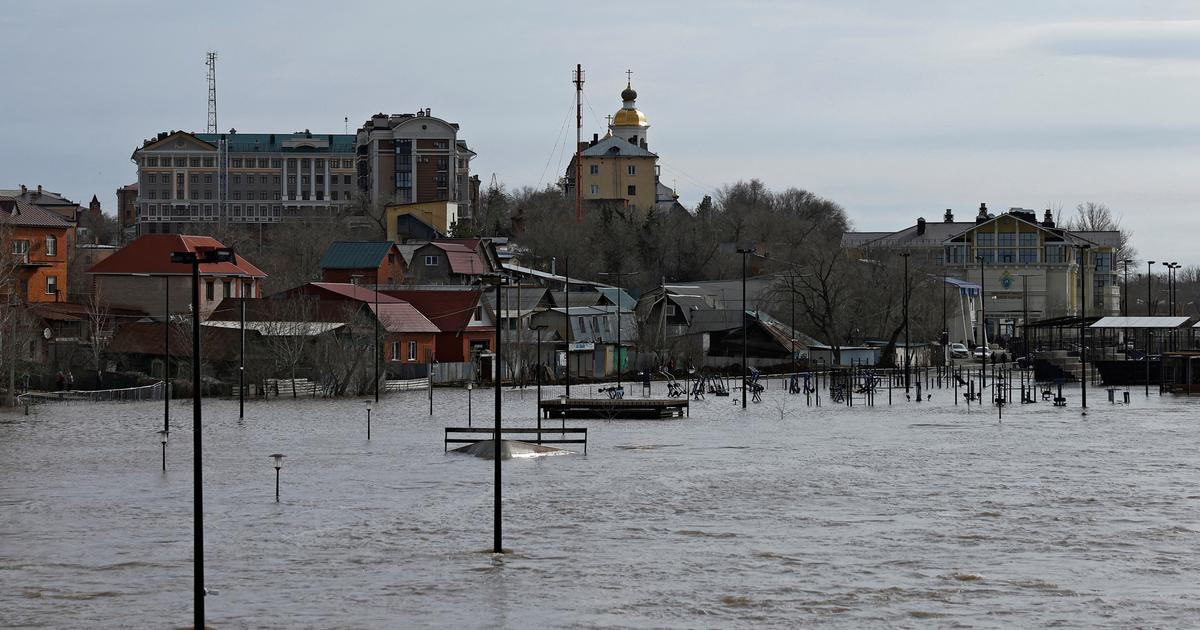Kazakshtan, a Central Asian country, very rich in hydrocarbons, became in 2021 the second country in the world for bitcoin mining, behind the United States.
This activity refers to companies which, equipped with powerful computers, ensure the security of transactions on the decentralized bitcoin network.
Brutally kicked out of China last spring, miners migrated en masse to Kazakhstan, attracted by its very cheap electricity, mostly from its coal-fired power stations, as well as the cool steppe climate needed to cool the machines.
Read also
"Bitcoin: the currency war will take place"
Consequence of this boom: demand for electricity has jumped 8% since the beginning of the year, according to the Ministry of Energy, against 1 to 2% growth in previous years. With the onset of winter, consumption peaks are unmanageable and the network does not follow. In the capital, Noursoultan
(photo)
, the national manager of the Kegoc electricity network has warned that he will ration the energy of the 50 registered mining companies.
But a number of other mining farms have set up shop illegally, and are pumping the system out of control.
While waiting to be able to strengthen its energy production capacities, the country wants to take better advantage of the windfall of this new growing industry.
From 2022, officially declared minors will have to pay a surplus of 1 Kazakh tenge (0.00200 €) per kilowatt hour consumed.




/cloudfront-eu-central-1.images.arcpublishing.com/prisa/QLZQABDBZ5HQNGMWYSXWPVJXMY.JPG)










